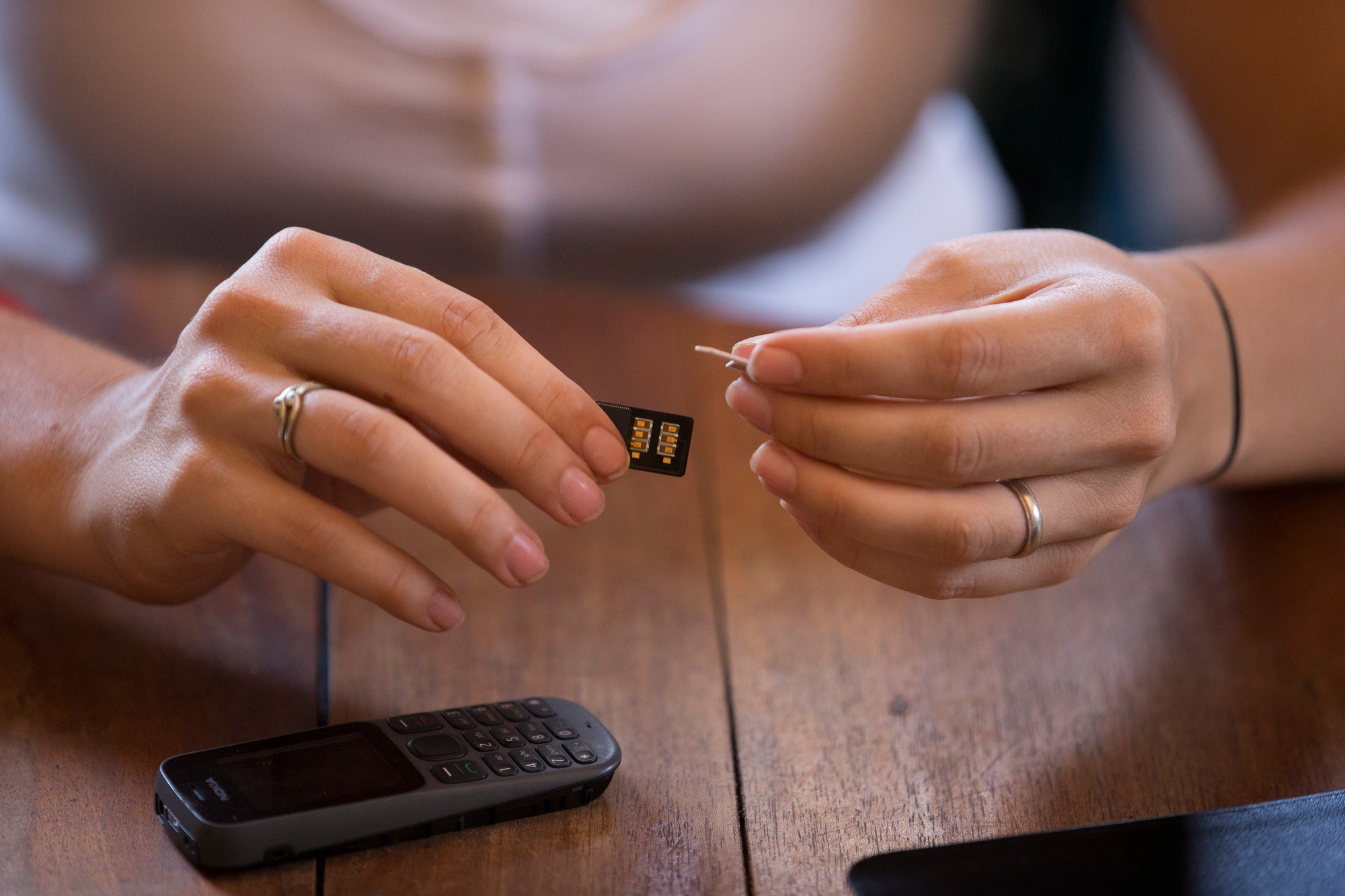Exploring the concept of healthiness in an increasingly technological world

Dismantling the Myths of PMS
New research challenges the extent to which hormones govern perceptions, emotions, and behaviors during the menstrual cycle.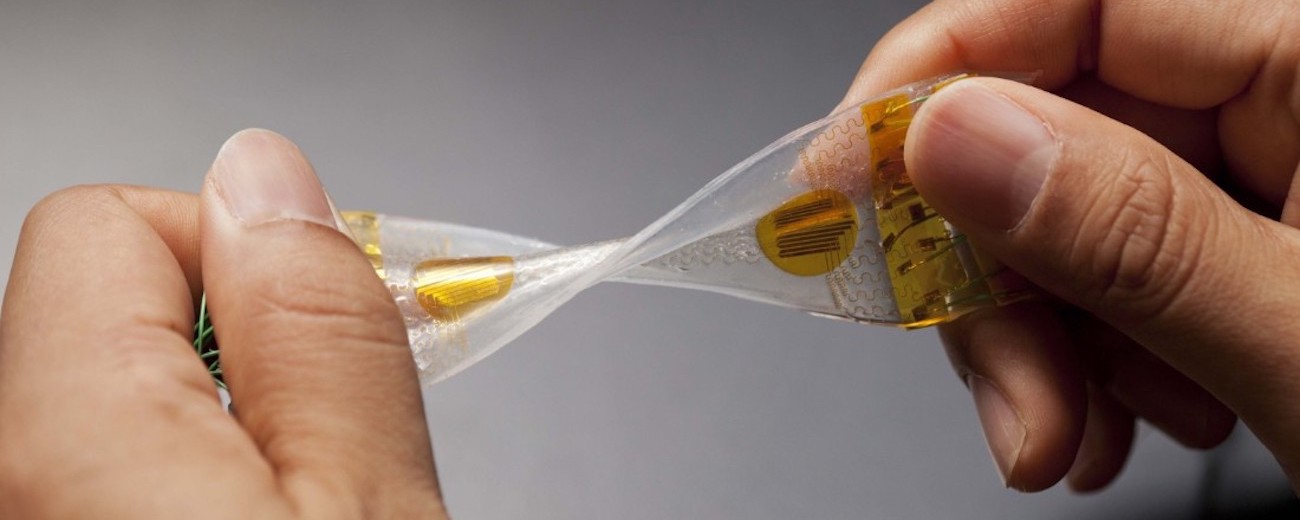
Body Hacking Has a Place in Hospitals
Instead of bedroom surgeons risking sepsis, medical researchers are using augmentation to make hospital wards more, not less, human.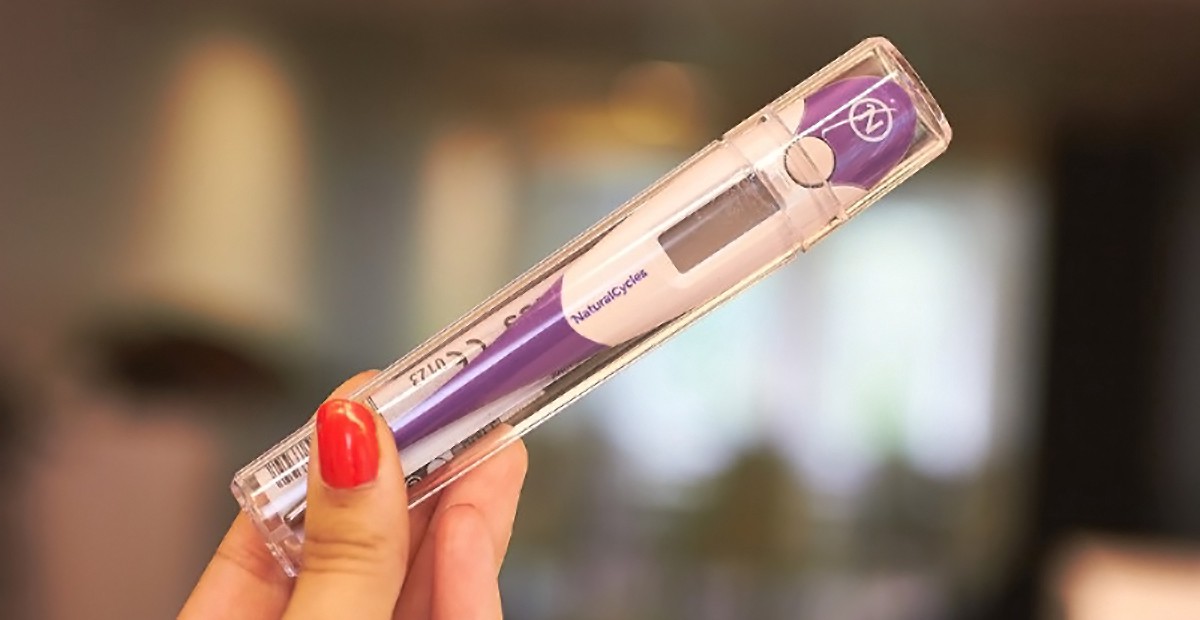
Is Your Fertility Data For Sale?
Could the sexual history information collected by period trackers be used by governments, corporations, or legal professionals to control or persecute women?
Measuring Global Health with the DALY
A better statistic would balance both death and disability, weighting factors like duration of illness, severity of disability, distribution across a population and impact on normal life. The result was the beautiful, elegant DALY.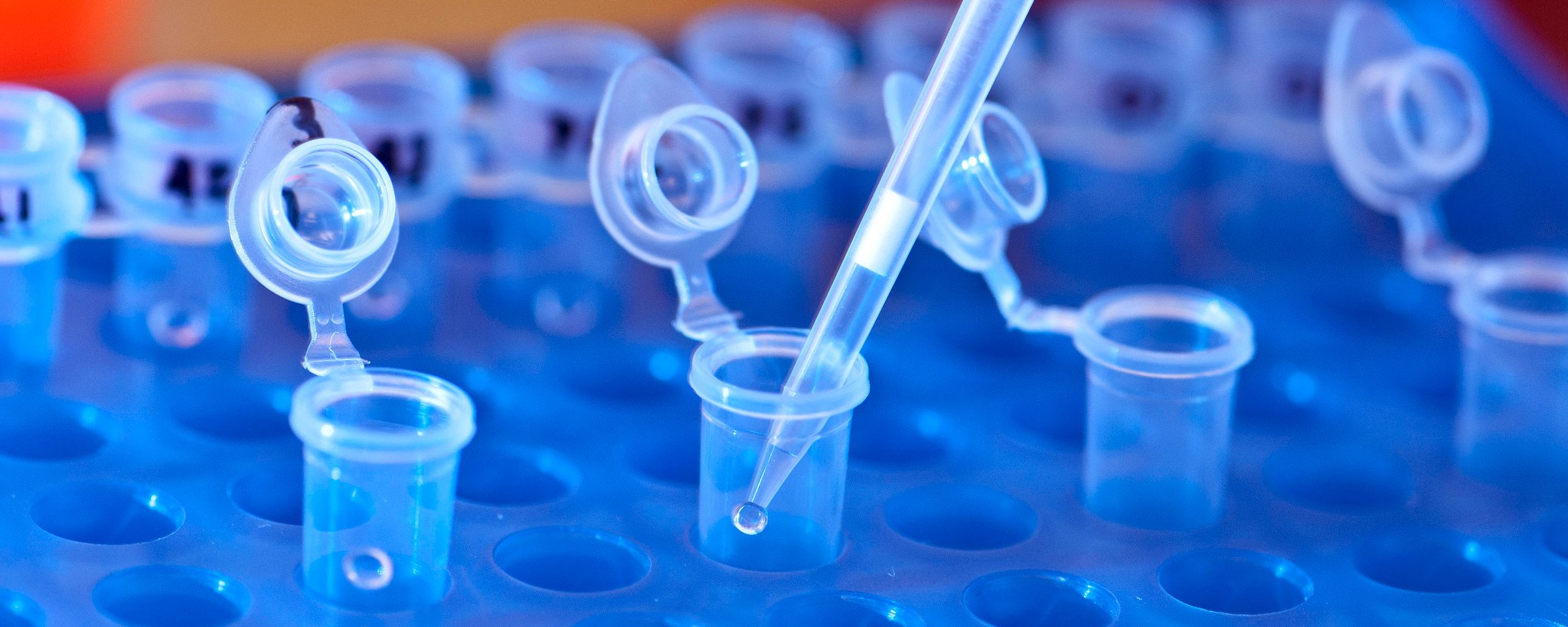
Your Great-Grandson’s Genetic Privacy
You might not worry about your genetic information being exposed. But are you willing to make that choice for your descendants?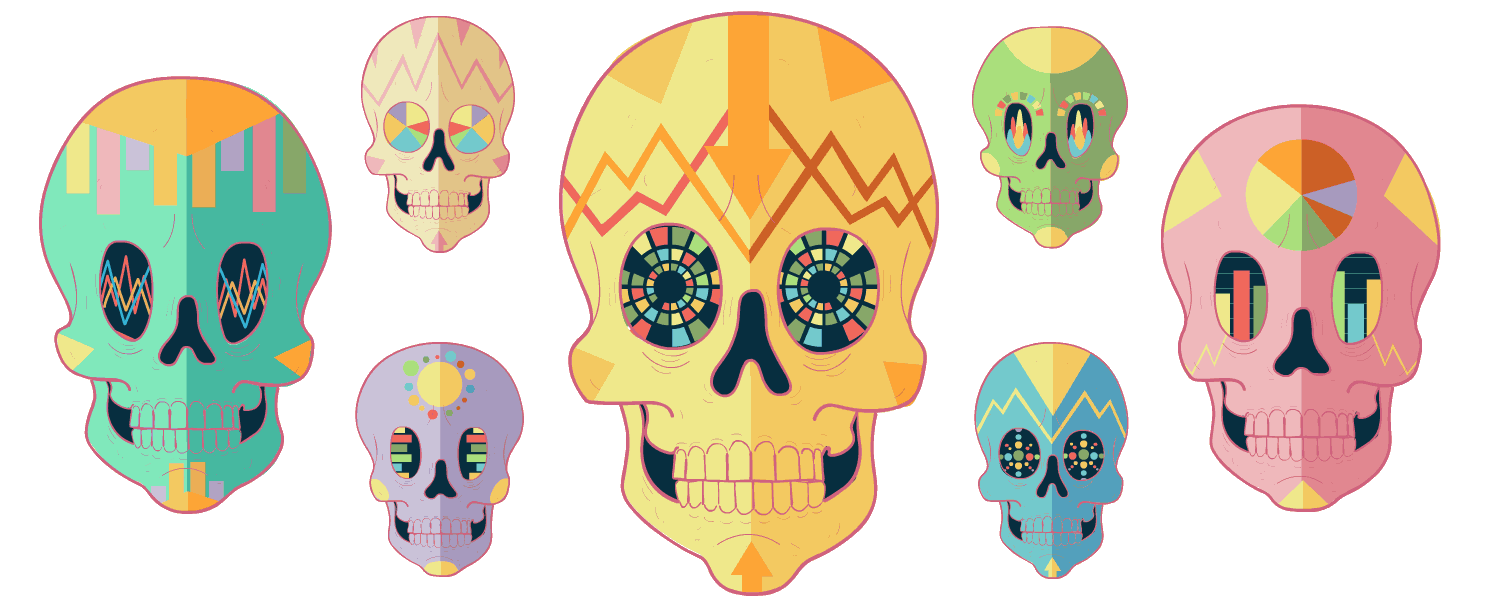
Where We Live and How We Die
What a year of death looks like around the world.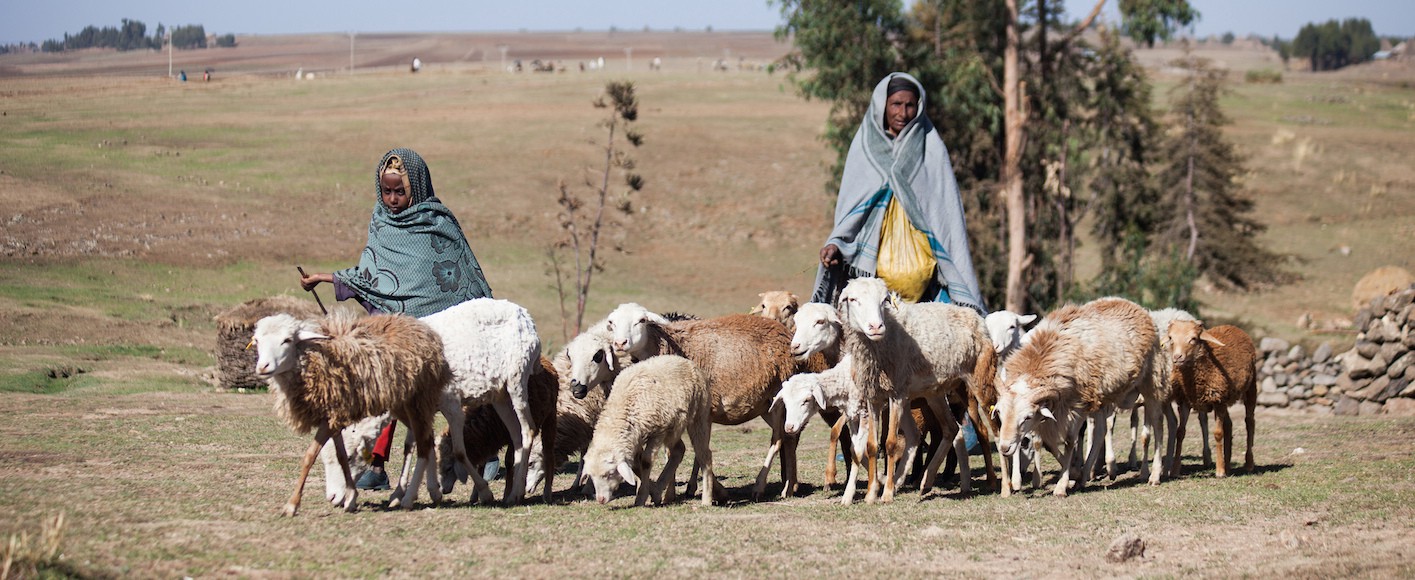
Pandemic Proofing the World
An epidemiologist in Nairobi on the next Zika virus.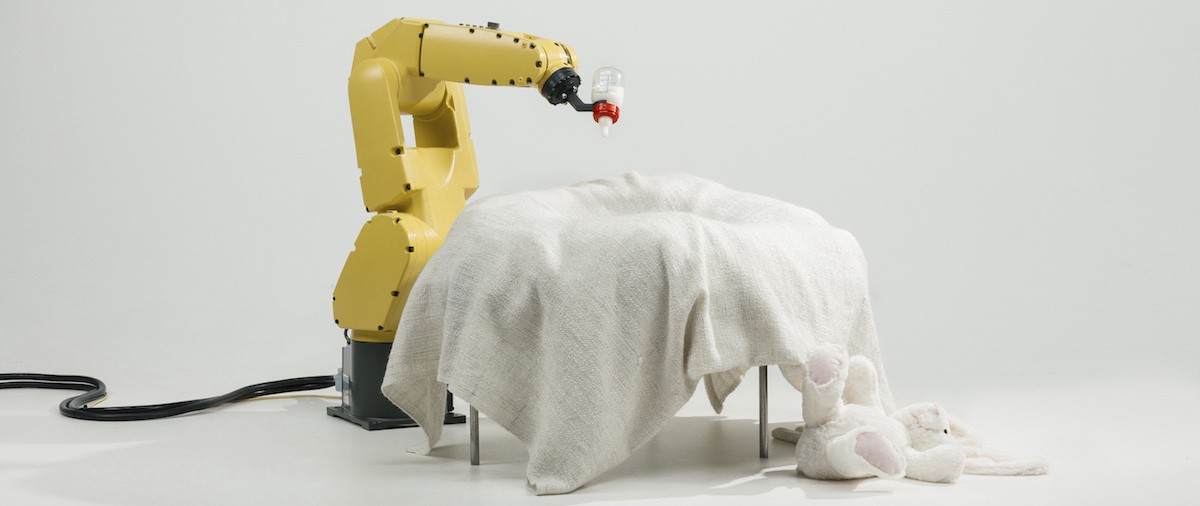
The Many Futures of Babytech
What will quantifying newborns mean for us all down the line?
Go On a Trip and Cure Your Depression
Psychedelics show clinical promise as a lasting treatment for major mood disorders–now the struggle is getting through regulatory red tape
A Brief Explainer of Why Everyone Seems to Hate Gluten, in GIFs
The facts and mysteries behind the health fad.
The Unquestioned Pursuit of Weight Loss Had Us Eating Wrong for Years
Our quest for thinness is actually making us far less healthy–even killing us–and not for the reasons you’d think.
Street Wisdom Might Win the War on Drugs
By listening to drug users, we can overcome punitive moralism and reform drug policy to stop overdose
Fixing Global Health Means Fixing Air Pollution
The biggest killer in the world today is air pollution–yet we have all the technology we need to fix it.
What Happens When There’s Only 88 Psychiatrists in an Entire Country?
In developing nations like Kenya, where mental health care is practically nonexistent, internet-based organizations save lives.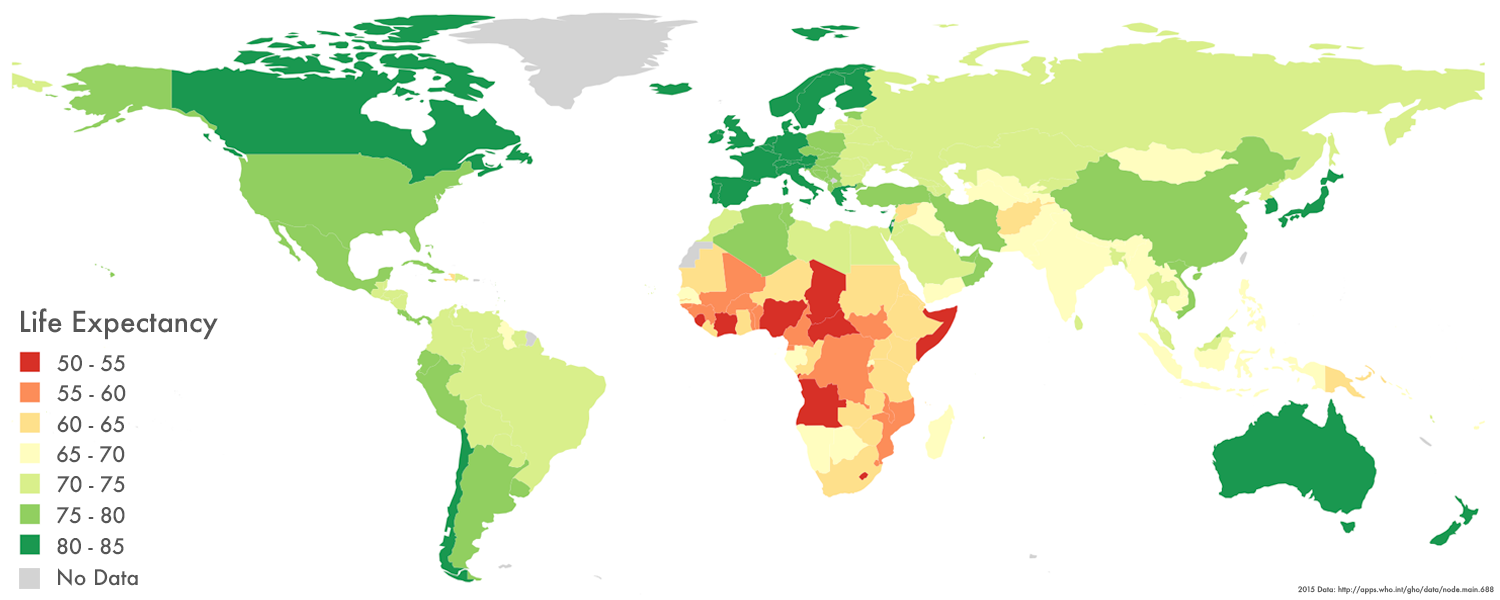
The (Nearly) Unstoppable Success Story of Global Life Expectancy
But dig into the numbers and the picture becomes more complicated–and potentially troubling.
Can We Learn to Live Without Death?
I have a friend, Adam, who’s convinced he’ll live forever. To the casual observer this might seem unlikely. Adam smokes and drinks and drives a bit too fast. He’s also aging, his biological clock ticking toward a date with the Grim Reaper. It’s a date he doesn’t plan to keep. In the future, Adam says, […]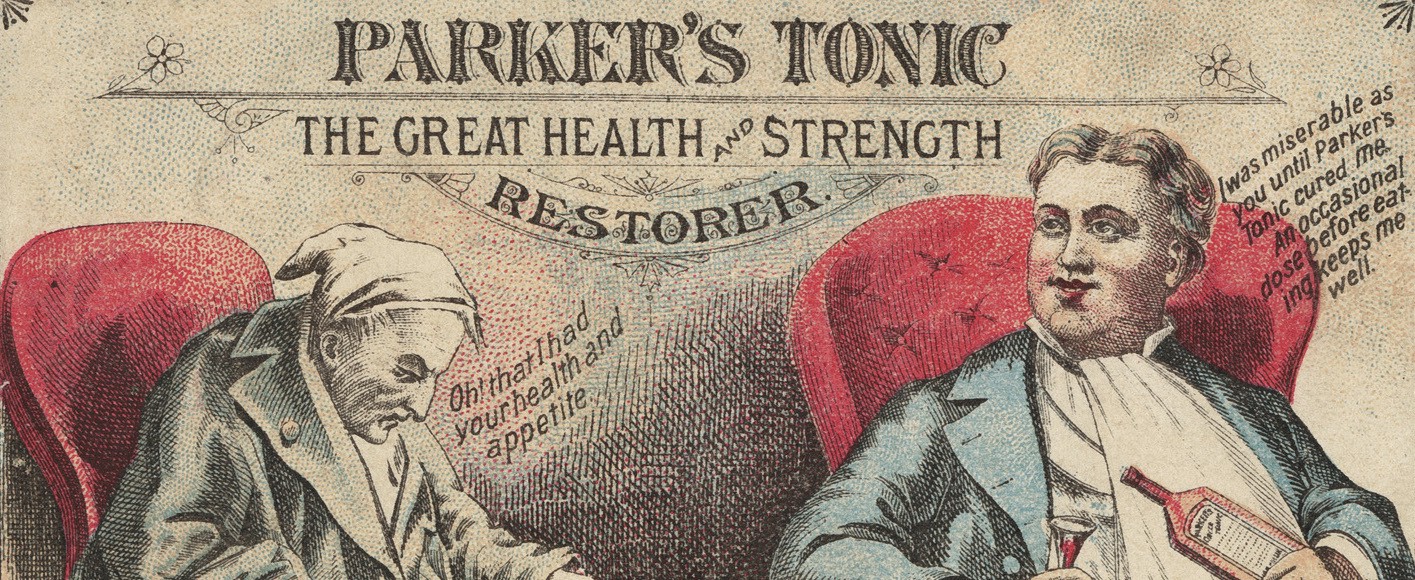
Vital Signs: A Reading List
A crash source in the future of human health.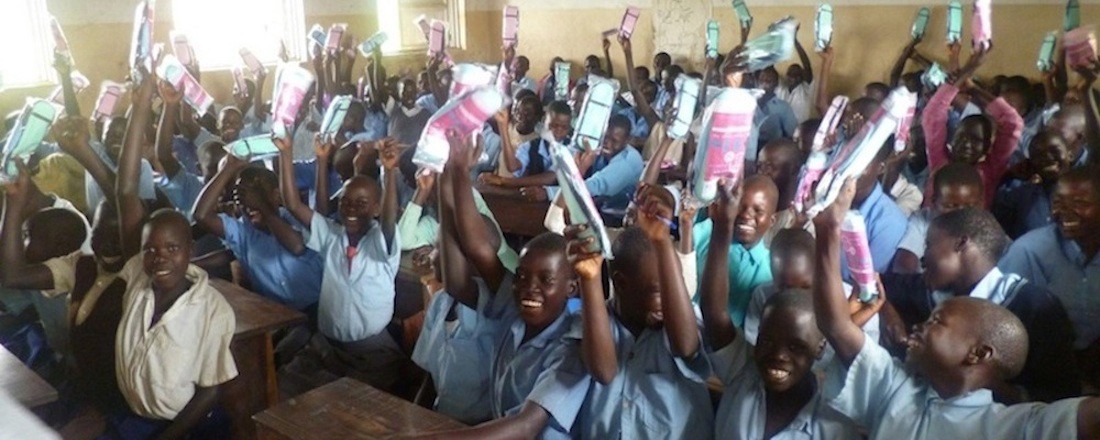
No More Week of Shame
We’re talking about menstruation and we’re doing it loudly.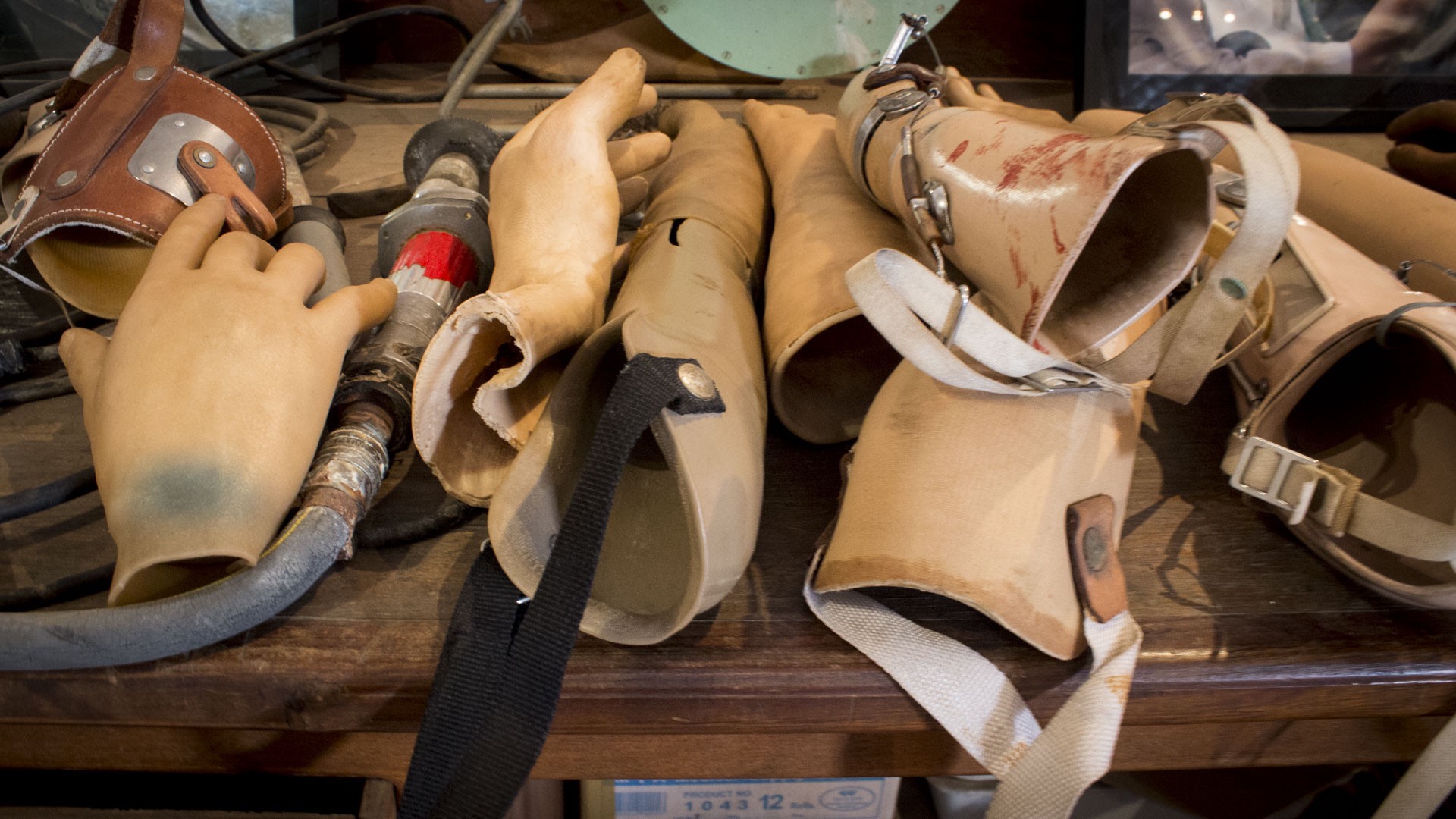
$75 to Walk Again: Tackling Asia’s Prosthetics Crisis
Instead of getting inappropriate secondhand prosthetics from the West, this charity is making their own bespoke ones in Laos.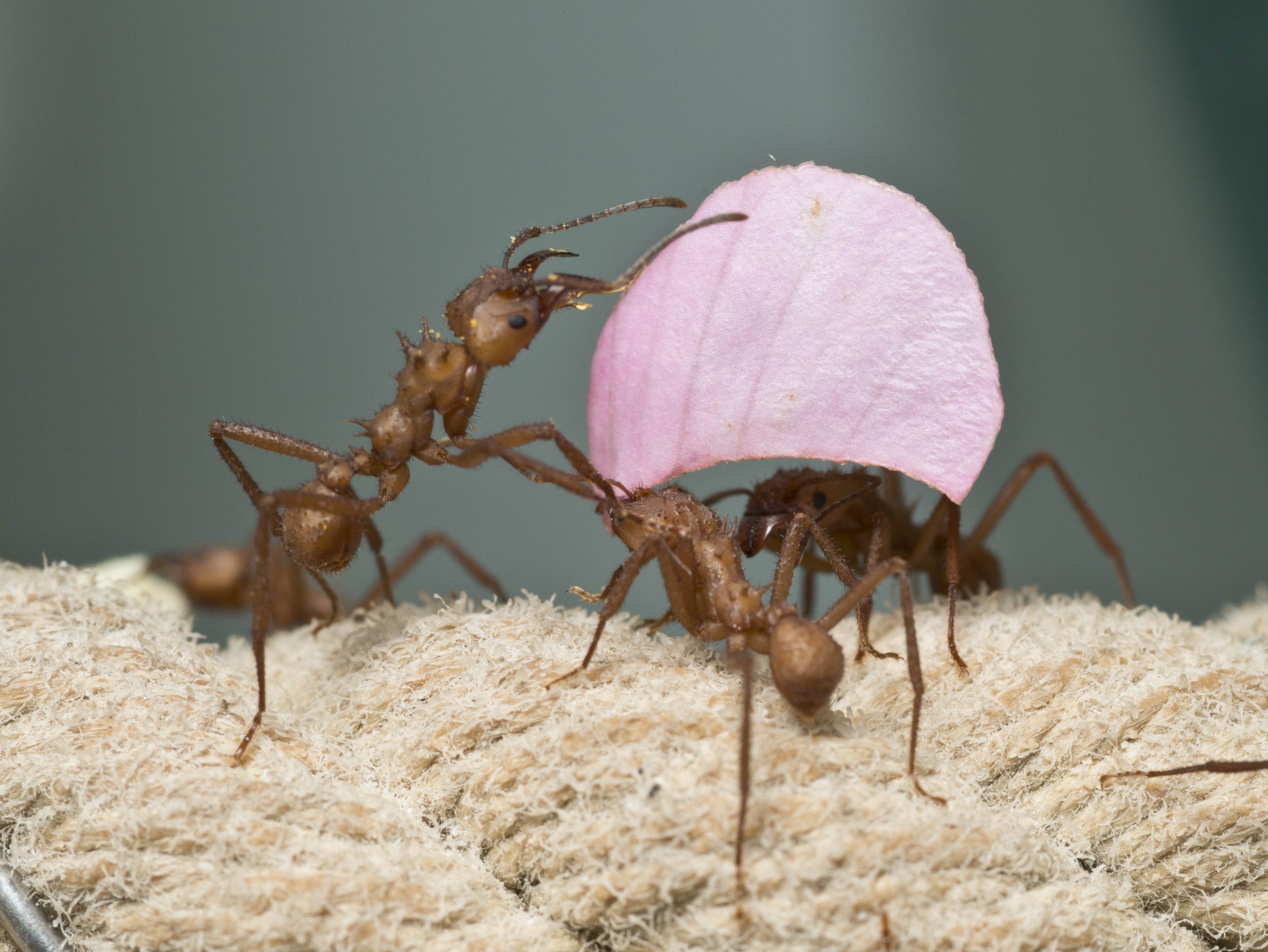
How Ants Will Lead Us to New Antibiotics
You ant seen nothing yet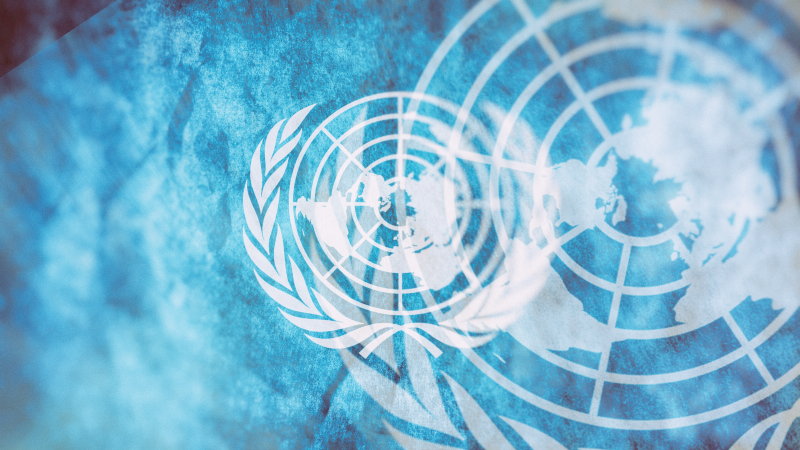
Time’s Up for the Millennium Development Goals
What progress have we made?
A Brief History of Prosthetics
How to create a superhuman.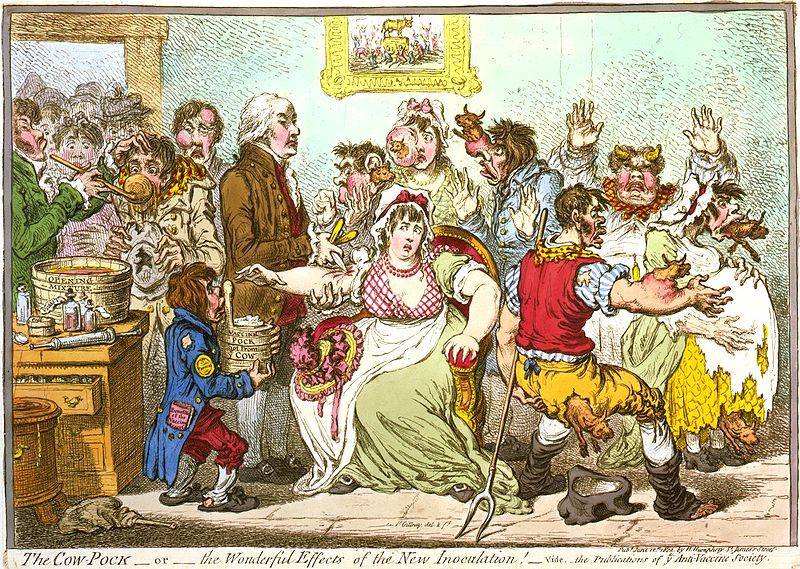
5 Artifacts, Animations, and Charts on the Story of Vaccination
Resistance to vaccination has existed ever since vaccination was first discovered.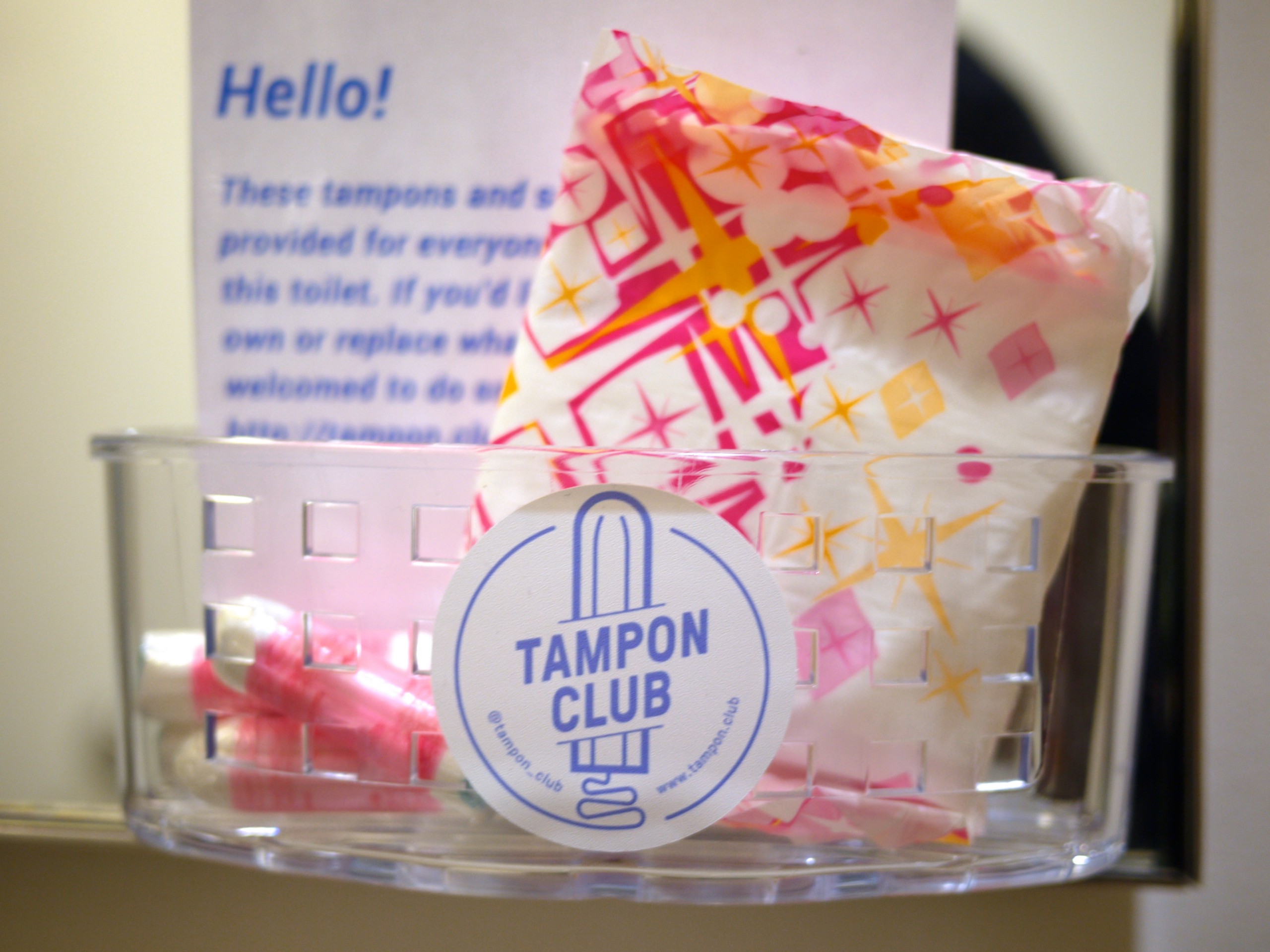
Tampon Club: No Apologies for Menstruation-Based Innovation
If your manager won’t provide sanitary products, it’s time to take matters into your own hands.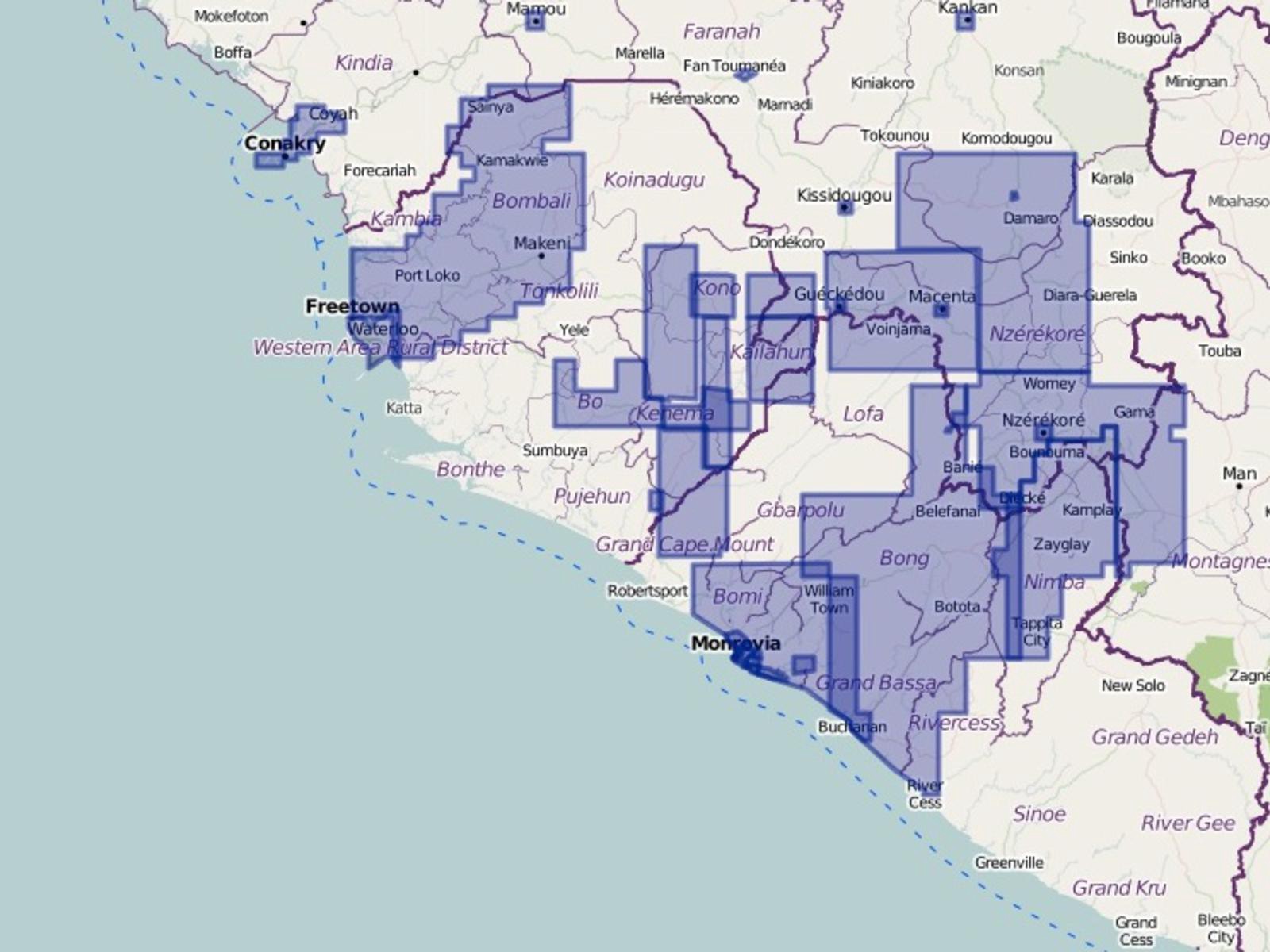
Mapping the Unmapped for Ebola
Making maps is crucial to halting the spread of the deadly disease.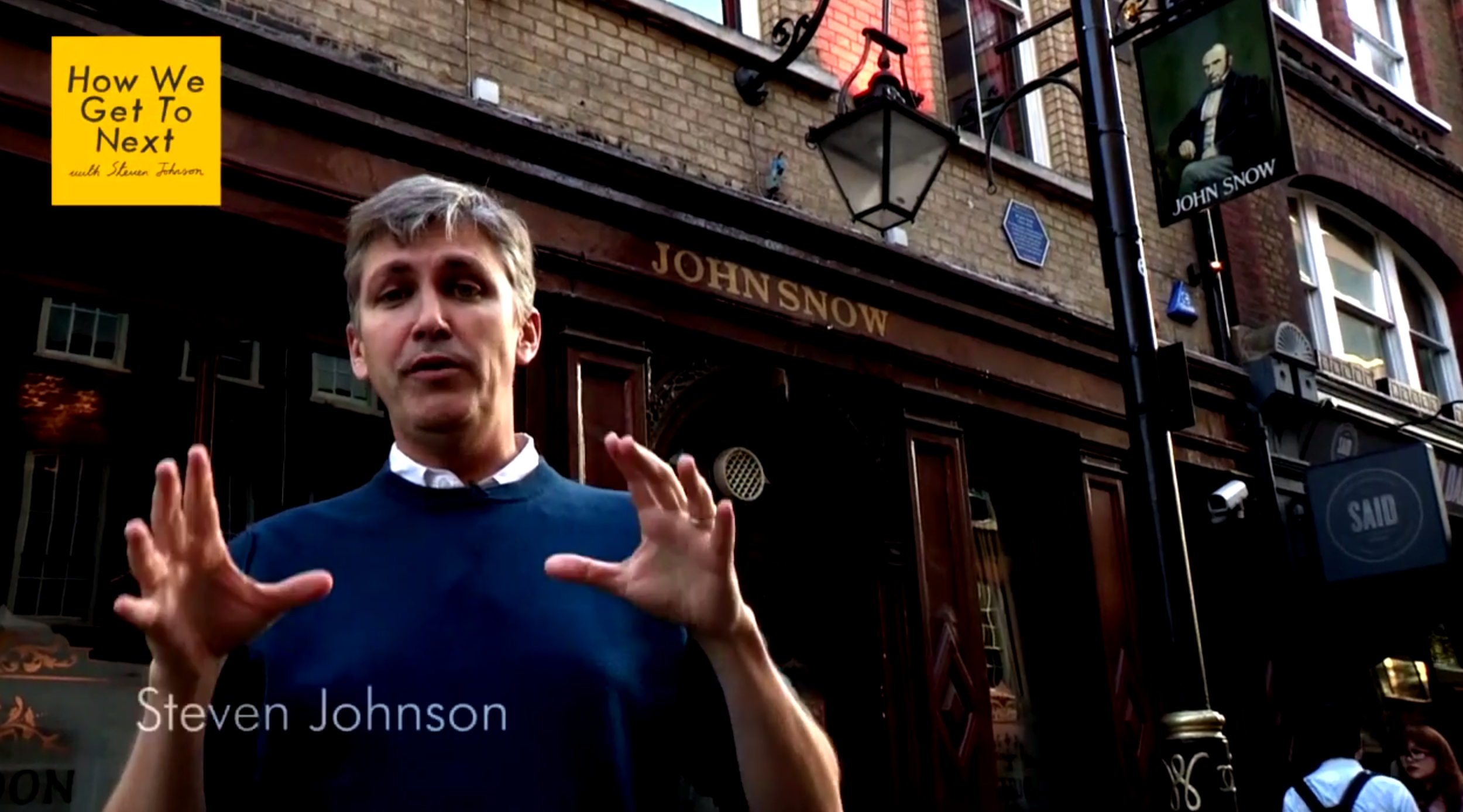
Mapping the Ebola Outbreak Outside a London Pub
The techniques used today to fight Ebola are the same used in 1858 to stop a London cholera outbreak.
Drones Are Tracking the Spread of Malaria
Changes in land use can cause unpredictable changes to how disease spread–until now.
Instagram and the Evolution of Surfing Prosthetics
Solving the problem of the surfing foot.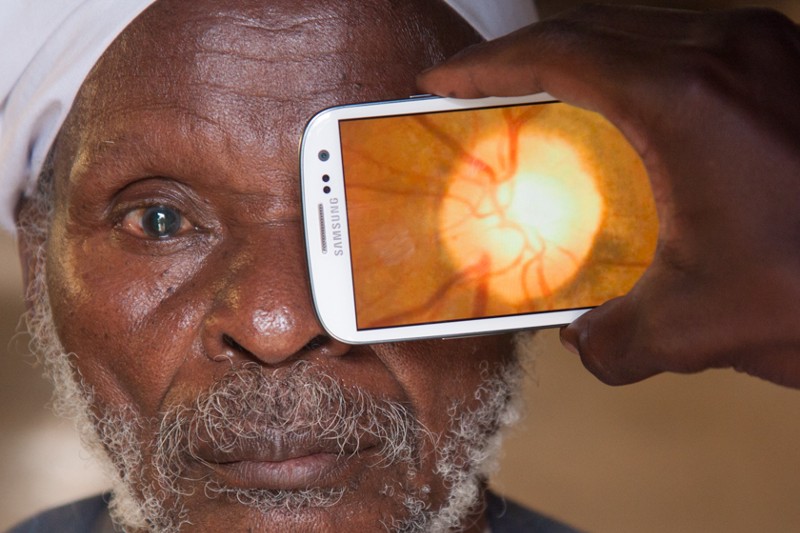
Returning Sight to Millions of People Around the World With One App
Around 180 million people around the world are blind or have vision impairments–making portable, cheap eye exams incredibly important.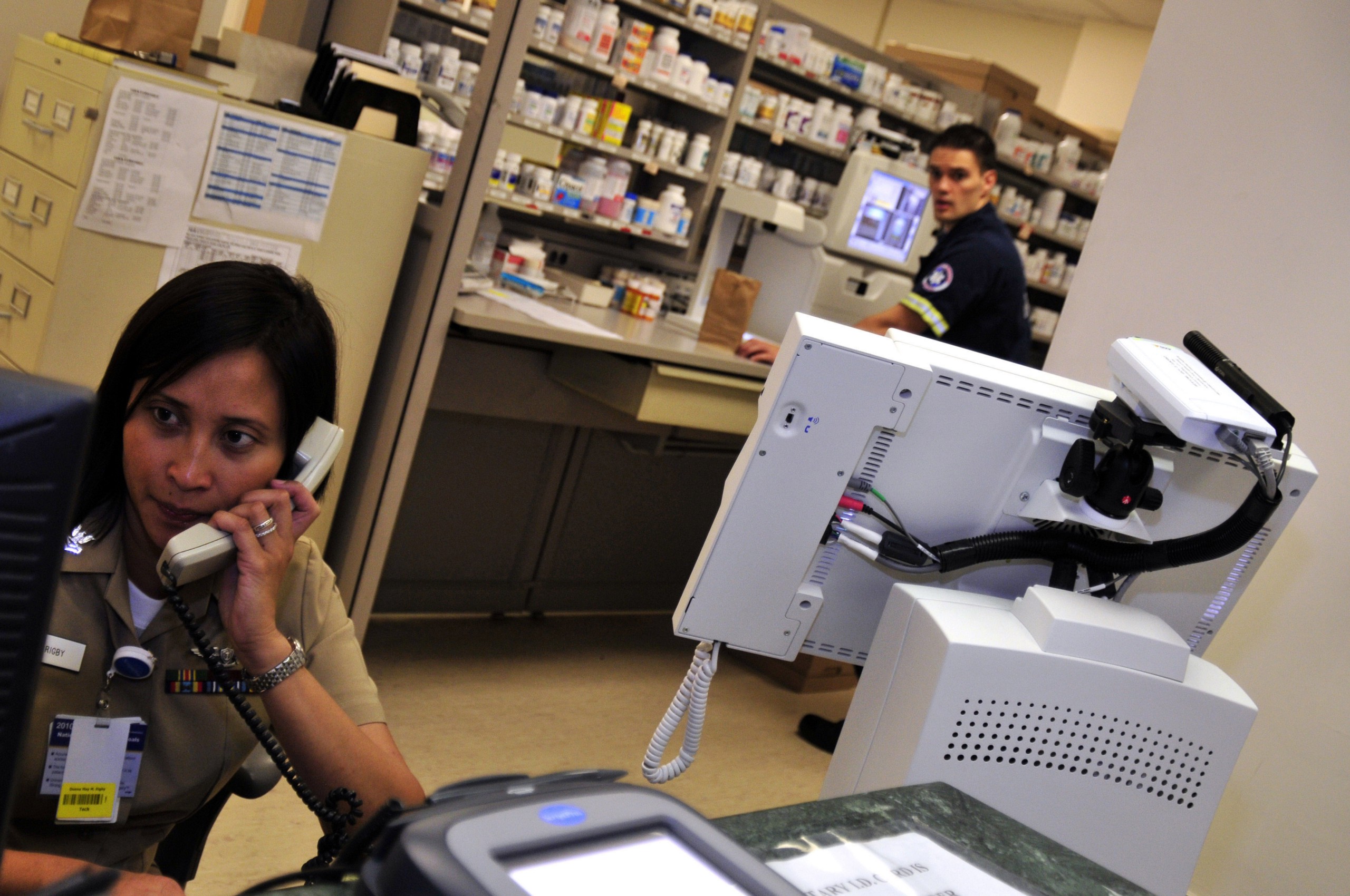
Solving Medical Mysteries Through Crowdsourcing
It’s no WebMD–it’s better.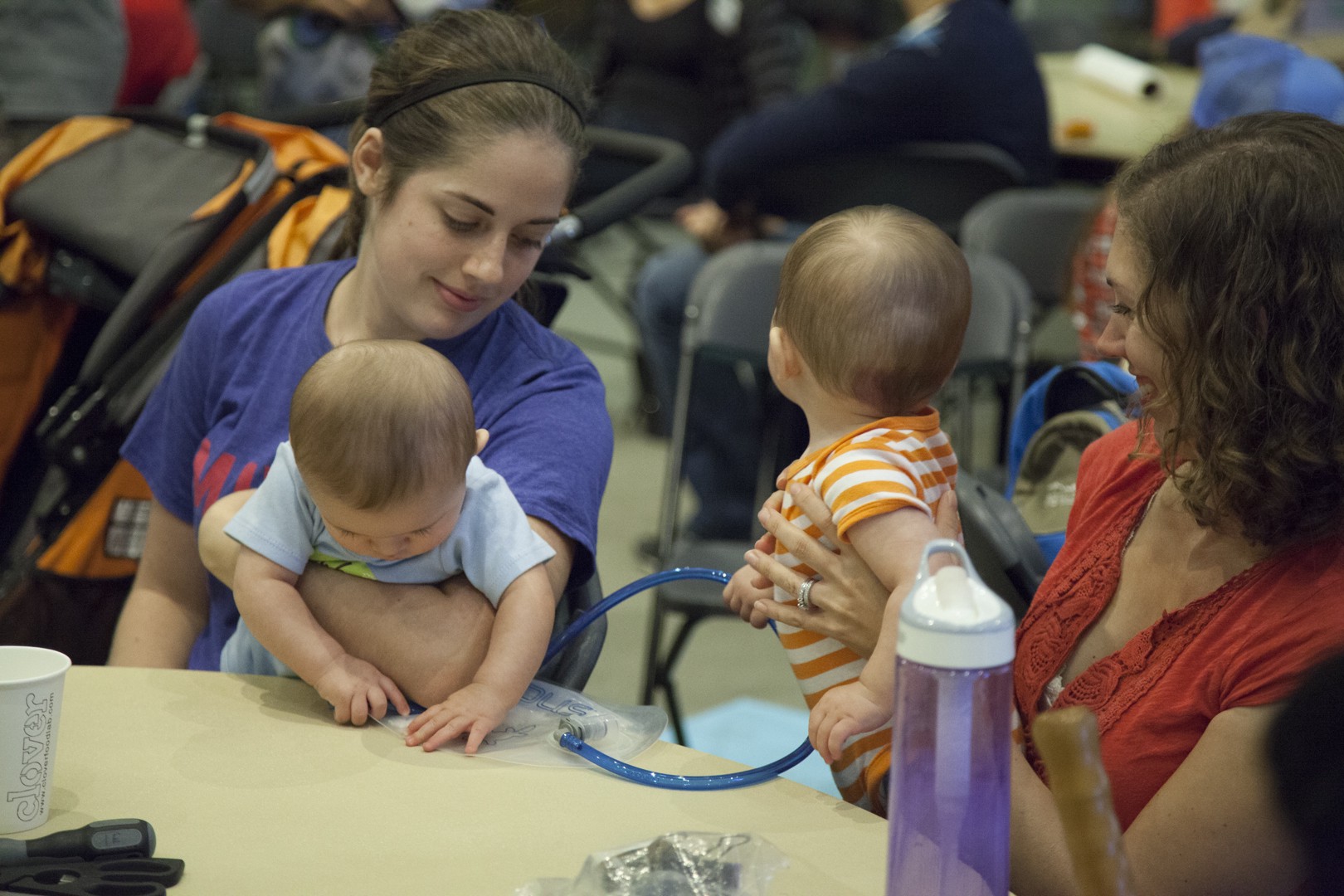
Pumping Breast Milk Sucks–But Someone Just Changed That
A hackathon for parents who want to push for wider change in maternal and family healthcare.